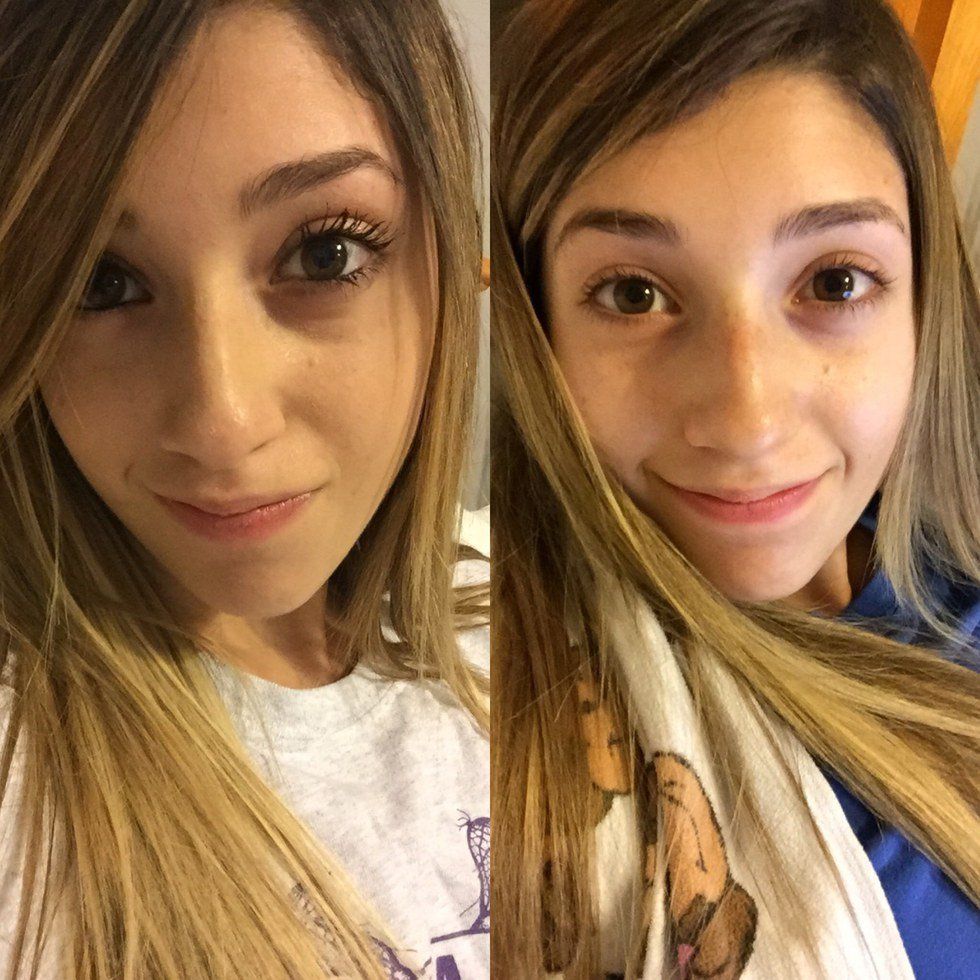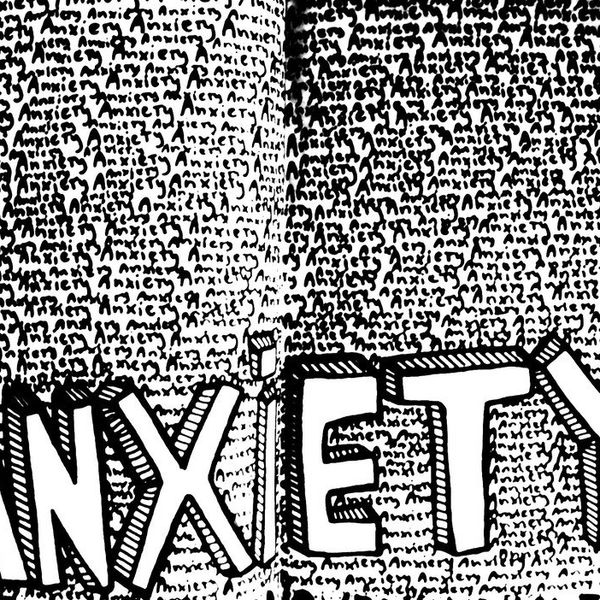It is no secret that women are pressured to look a certain way. It is also no secret that this pressure works. It is very rare to find a female who is accepting of her face and figure and abstains from dieting, social comparisons and, of course, wearing makeup. As a female in a world full of high beauty standards, I was no exception.
Of my many bad habits created with the help of societal pressure, wearing makeup was one of the worst. My addiction to makeup was not intense enough to where I felt I could not leave the house without it. I could easily go to the gym and occasionally to school without makeup. Nonetheless, this unhealthy habit negatively affected my self-esteem. For example, at times, I found myself apologizing for my appearance to others if I happened to meet them when I was not wearing makeup. Now I look back and contemplate why on earth I would apologize to someone for appearing in my natural state.
I only recently got a taste of freedom from a life of makeup and fake appearances. In preparation for a five-month backpacking trip across Europe after graduation, I decided to go without makeup and attempt to embrace a minimalist mentality in regards to my appearance, among other aspects. At first, I was self-conscious of my appearance and still decided to apply makeup for “special occasions.” However, as I began feeling more comfortable, I completely stripped my life of makeup, and it has truly opened up my eyes in a way I never thought possible. Below are the two most important lessons I learned from not wearing makeup.
1. You like whatever image of yourself you are used to.
I became so dependent on makeup that I honestly began not liking what I looked like without wearing makeup. Makeup is used to enhance the appearance of an individual. Unfortunately, sometimes individuals become comfortable only showing the enhanced version of themselves and stop presenting their original self altogether. Through this process, though, the individual is constantly reinforcing the idea that their original self is not good enough to be shown in public. This process can easily be reversed, though.
After not wearing makeup for a period of only two months, my feelings toward makeup completely shifted because I became used to not wearing it. Applying makeup soon became a foreign action. Just as I once thought I could not go a day without makeup, I now believe that I could not go a day with makeup.
Wearing makeup is just like any other habit. It can be broken just like any other habit and an individual can even establish a new, positive habit (not wearing makeup) using the three R’s that James Clear describes. The first R is "reminder," which is simply something that motivates the person to begin it. Aside from causing skin irritations, wearing makeup can make an individual feel insecure about their appearance. This can be the reminder. The second R is "routine." It is the physical action of not wearing makeup day after day. This may seem like a hard task, but that is where the third R, "reward," comes in. After not wearing makeup for a while, an individual may realize that her self-esteem has gone up and her face has cleared up.
Therefore, anyone can become accustomed to a face absent of makeup. You may feel insecure in the beginning, but after some time has passed, you may not be able to imagine your life with makeup.
2. Makeup should not control your appearance.
If you believe your self-confidence is boosted with some makeup, you should see how powerful the effect of not wearing makeup is. When an individual finally owns their true appearance, the results are weirdly freeing.
I take pleasure in the fact that I do not need makeup to feel pretty. It no longer controls how I present myself nor does it control how I feel about myself. In a recent study, it was found that “approximately 20% of girls between 8 and 18 who wear makeup describe feeling unappealing, undesirable and simply not confident when they are not wearing makeup.”
I could have easily been part of this statistic. I used to feel like I needed makeup to straighten my nose, cover any bags under my eyes and highlight my cheekbones. However, by the time I adapted to a life without makeup, I no longer feel inadequate without it.
If I were to apply makeup at this time, I would be completely sickened by the image in front of me because I no longer view that as pretty. I would feel fake in makeup. People obviously know that I do not look like this naturally. So who am I trying to fool? Why not just show them a real version of myself? There is nothing wrong with the real version. I would feel ugly in makeup. My face is without blemishes and I have an even skin tone, and makeup covers that up. It applies a fake layer that is not without flaw. I think we have all seen makeup mishaps and I know I have personally participated in them. At the risk of sounding cliche, sometimes you honestly do not need to mess with what you were born with.
Makeup may seem like innocent cosmetics that are used to slightly improve or enhance your appearance. However, the aesthetic benefits of wearing makeup are no comparison to the freeing feeling you get with the absence of makeup. Your natural beauty will no longer be viewed as inferior to a face designed with makeup. Your self-worth will increase after you realize that you do not need makeup to feel beautiful. It is empowering, and for that reason, I am now challenging you to go 30 days without makeup.





















